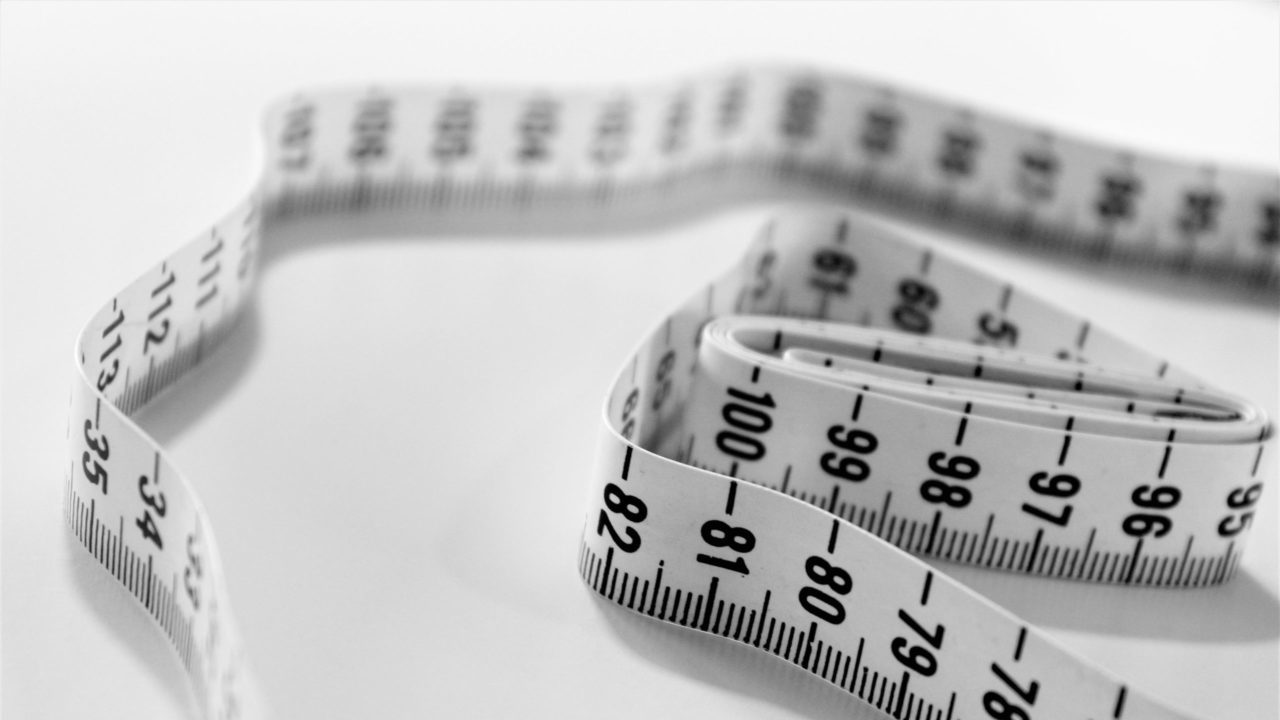Health
How To Gain Healthy Weight
Alice Pearson, a registered associate nutritionist at MyproteinUS has provided an easy-to-follow guide on how to gain muscle, mass, and weight in a healthy, quick way.
- Fuel Your Workout
When it comes to getting the most out of your workout, filling your body with energy is extremely important. But, while bulking means putting on mass quickly, it doesn’t mean eating lots of everything and is not an excuse to indulge in all the junk food imaginable. It needs to be done in a nutritious yet effective way.
This means getting good quality sources of protein such as fish, plain yoghurt, eggs and chicken which contain the key amino acids needed for building new muscle proteins.
Good carbohydrates such as whole-wheat pasta, rice, potatoes, and sweet potatoes, wholemeal bread, oats and fruits are also a very important bulking tool as they’ll help you to recover properly after a workout and make sure you’re ready for the next session. Increasing your fat intake too is an easy way to enter a caloric surplus in order to bulk. But, it’s very easy to overindulge so portion control is key. Choose the ‘good fats’ such as nuts and nut butters, seeds, avocado and other dairy products.
Just like reducing your body fat, bulking is still about finding a good balance. Try to eat some protein every 3-4 hours with breakfast, post-workout meals and before bed plus a few snacks and shakes in between. You also need to be eating carbs throughout the day as your main source of energy. But, be sensible with your carb intake and change the quantity depending on your training. For example, if it’s a rest day, you won’t need as many carbs.
One of the most important things to remember is to stay patient as bulking isn’t a race! Keep track of your progress and how your body responds to the food and adapt when you need to.
- Tailor Your Training to Bulk
Once you’ve got the diet nailed, it’s time to look at your training. Ideally, you want to switch up your workouts often so your body doesn’t get used to doing the same thing. By changing the type of exercise, the intensity, or the duration your muscles will evolve and grow. These training adaptations are very important during bulking although you may find yourself feeling sore more often.
Here are some exercises that can help you bulk up and start building muscle:
Compound exercises (squats, deadlifts)
HIIT
Full-body workouts
Resistance training
Callisthenics (pull-ups, press-ups, dips) Steady-state cardio (cardio is important for maintaining cardiovascular health and general fitness, so even when bulking you still need to fit in a few cardio sessions a week. But, don’t go overboard as it’ll burn too many calories).
- Recovery
During such an intense training program, your muscle fibers will stretch, tear and break down. This is why you need to ensure they get enough recovery time to repair and rebuild to then grow bigger and stronger.
A study amongst resistance-trained males showed that none were able to achieve their 10 rep max over 8 exercises after only 24 hours of recovery. Even after 4 days, only 80% of participants were able to hit their targets.
You need, at least, a few days of rest before training the same muscles to reap the benefits of bulking. Plus, if you don’t rest, you’ll also put yourself at greater risk of injury. Nutrition also plays a very important part in your recovery, you want to get some carbs back into your muscles within 30 minutes of your training and protein 2 hours after your workout.
- Sleep
Getting enough sleep is not only important for your overall health and wellbeing but it’s vital for bulking season too. A bad night’s sleep or continuously getting too little sleep can have a negative impact on your physiological and cognitive function.
When you’re asleep, your body releases a growth hormone. This hormone helps tissue growth and repair, preventing the breakdown of muscle proteins and helping you keep your mass. When you’re bulking, it’s recommended that you get at least 7 hours of sleep a night to ensure there’s enough growth and anabolic hormones hitting your muscles each night.
Photo by Siora Photography on Unsplash.














